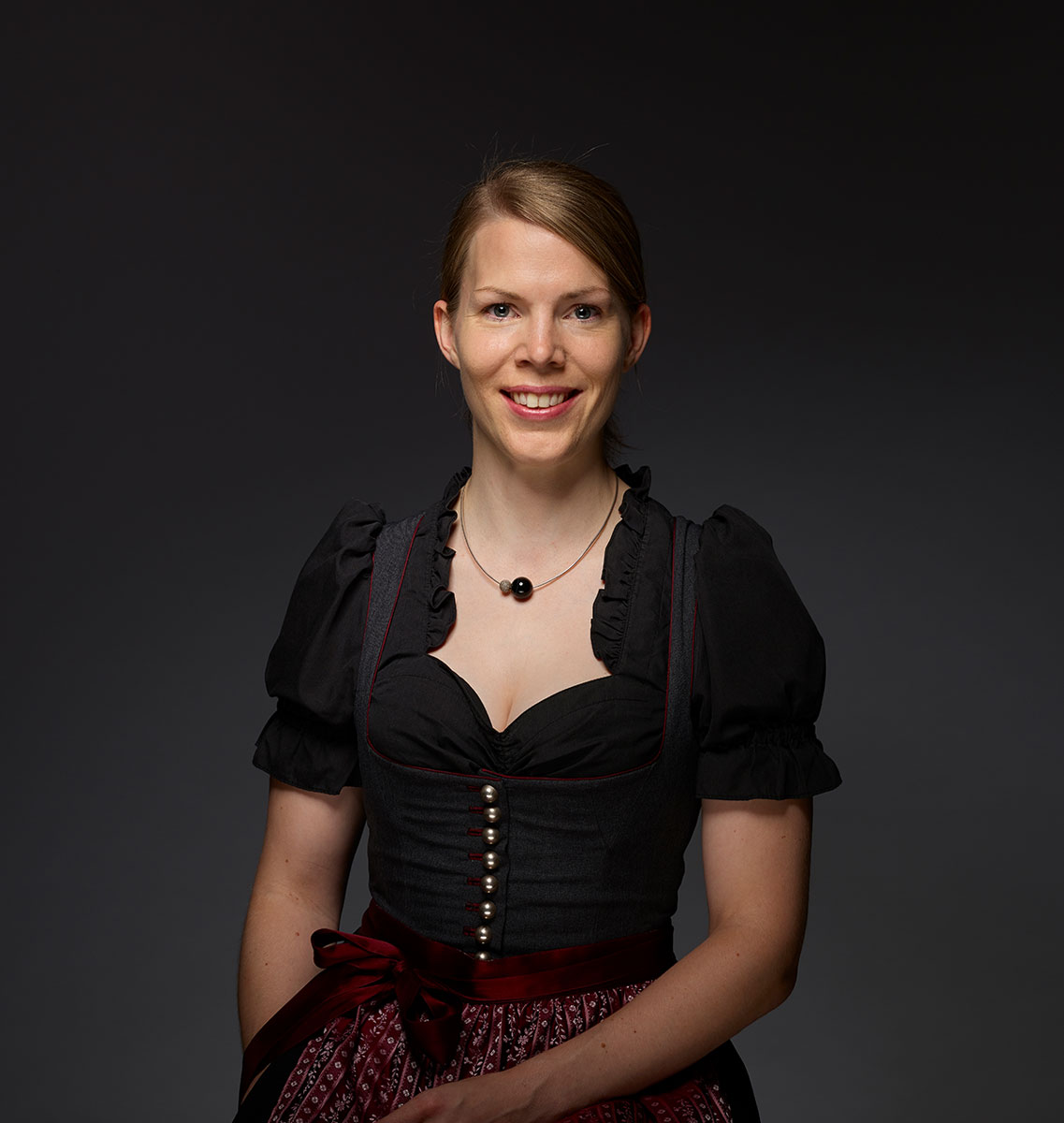
Elisabeth Berlin
Photographer: Roman Knie
A hotel with 125 beds, 100 employees, three restaurants (including a Michelin-starred one) and an enormous wellness area requires a lot of work. Hard work. Something Elisabeth Berlin knows all too well. Just 33 years old, she manages the Hotel Berlins KroneLamm in Zavelstein in the Black Forest. She and her three brothers continue the business their parents once started together in a leased hostel for hikers. The family company’s concept is well-received – it features close ties to their home, food from the region and a great big serving of the pure Black Forest world. However, there is a meticulously well-planned company behind this concept.
Elisabeth, tell us: How did you develop a company as big and successful as yours? How did it all start?
Our parents didn’t grow up in entrepreneur families. My father is the son of a refugee family from Pomerania and only ended up in Zavelstein by coincidence. My mother’s parents were also refugees; they came from East Germany. My parents both did a catering traineeship, which is where they met. Together they leased the hikers’ hostel up in Zavelstein. Their idea for it was very simple: I was the youngest at the time, three years old, while my eldest brother was six. My father was to cook and my mother to serve during the day. At night, she wanted to come home to us kids and Dad would work at the cabin alone.
Of course, that plan didn’t work at all! But the concept was received much better than expected – even back then, the food wasn’t your standard run-of-the-mill fare, since my father had come up with a carefully planned, high-quality menu. This helped the hostel quickly become well-known throughout the region.
What do you still remember of that starting period in the hostel, of your childhood?
I think it was definitely more difficult for me. Before, my mother had always been at home and there for the kids. When the hostel started, that suddenly became impossible. Our grandparents always took care of things on weekends and during school holidays. We simply grew up in the food industry. We ate and did our homework in the hostel and played games outside on the playground or on the edge of the forest. Looking back, I have to say we had a lot of freedom. There was no curfew, for example, and cleaning my room was never an issue since we were only in the hostel. Yes, I would say it was a good childhood.
The hostel kept your parents busy. Did that lead to you getting along with your brothers better?
No, not at all. I thought they were dumb! My brothers liked to play together but I couldn’t stand them. We are different personalities and I’m more of the calm type who likes to sit in peace and read a book. I just wasn’t interested in running through the forest. To this day, I enjoy reading a book for hours and I don’t need any action.
Nevertheless, we all grew up close. My brothers looked after me and we put ourselves to bed from an early age. That worked nicely and strengthened and characterized our family’s cohesion significantly.
Years ago: the tranquil hostel for hikers. Today: a comfortable wellness hotel.
Photographer: Roman Knie
What is it like when you work together today?
We try to split up everything so each one of us has their own area in which they can freely do things their way. It’s not easy for siblings when they constantly have to make decisions and coordinate together. Siblings know each other extremely well. For example, I would recognize if my brother was fibbing or trying to fool me about something. Maybe people aren’t as neutral and friendly with a sibling as they are with other employees. You have to take care that there isn’t too much friction in everyday working life. So, it’s best for everyone when they have their own clearly distinguished responsibilities. However, for core decisions concerning all departments, we always speak intensively with each other.
How much are your parents still involved in the company?
These days they actually only work in the background, although my mother still putters around and helps us out where she can. My father has taken a back-seat position and lets us kids have the say. At the moment, we’re trying to get our mother to visit her grandchildren more often so she can pull back some and get out of the business more frequently.
Are you already thinking of your own family plans?
No, it’s only next year that I’m getting married, and we’re building a house at the same time. We did, however, design the house to have two children’s rooms… (laughs) I never really wanted children before, I never found it that appealing. But, of course, having children is also a part of life.
Your brothers both have children already. Do you see your own childhood in your nieces and nephews?
They’re still small, between two and four years old, and live a ways away. But they come here a few times per week and visit their parents. The oldest is bold and sees the hotel as a giant playground, with many corners for exploring and hiding. In a building with nine floors and two elevators, you’ve basically lost before you’ve even started (laughs). The children do experience the hotel and the guests, though not as intensively as we did when we were young. I would say they are growing up more sheltered, but are still learning about hotel life and everything that comes with it. The parents don’t have free time that often, and there’s no weekends in the classic sense.
What is it like to work as a family on such a big project as a shared company?
It requires parents who teach their children a great deal of respect for others. That’s the foundation of any cooperative relationship, most of all for us in business. That you always respect others as people and as colleagues. Everything would fall apart if that were missing. Or if you don’t respect that people are different. Here’s an example: My brother Roland, one of the restaurant managers, is an absolute workaholic. He starts every morning at 7 and then works at the bar until 2 o’clock in the morning. I couldn’t do that. I would drop dead. Or my other brother, Franz, in the kitchen – he’s a bit more creative and needs his freedom. He needs his two days off, time with his daughter, and he sleeps in a little longer in the morning. If the respect wasn’t there and these differences weren’t accepted, it would all become much more difficult.
Is there a competitive mentality among your siblings?
I would say no, but we do have to settle everything well. We all work for the same company, so we’re also evenly involved in its success. But if one of us were to start thinking along the lines of, “I contribute so much more to the company’s success. What I do is worth much more. I should get a bigger stake in the end result,” this sort of thinking would be the beginning of the end. It’s important to remember that we can only achieve our goal together. I know, for instance, that I can’t cook and wouldn’t be good at customer service over the long term. That’s why I need both my brothers. We all know that the hotel only works with us together as a team.
Does that also mean you speak openly about, say, when someone feels like they’ve been treated unfairly?
Yes, but not constantly. Those sorts of things are of course not so pleasant to talk about. Yet we struck a new partnership agreement just two years ago, and I think it’s also important that we take our time with that. Including to clarify fundamental issues: What happens when one of us wants to quit? Or has to quit? What do we do then? How do we settle something like that legally?
The legal side is just one side. How do you settle that within the family?
Exactly, there’s the company on the one hand, but there’s also us, the family. We’ve always tried to put ourselves – the family – at the very top. That’s hard because the company means so much to all of us. Nevertheless, we always try to protect the family first and then put the company second. And, if in doubt, let a member of the family go if it means protecting the family. So, if one of us can’t keep going or wants to stop, they’ll always stay part of the family, even if it means the company is set up differently.
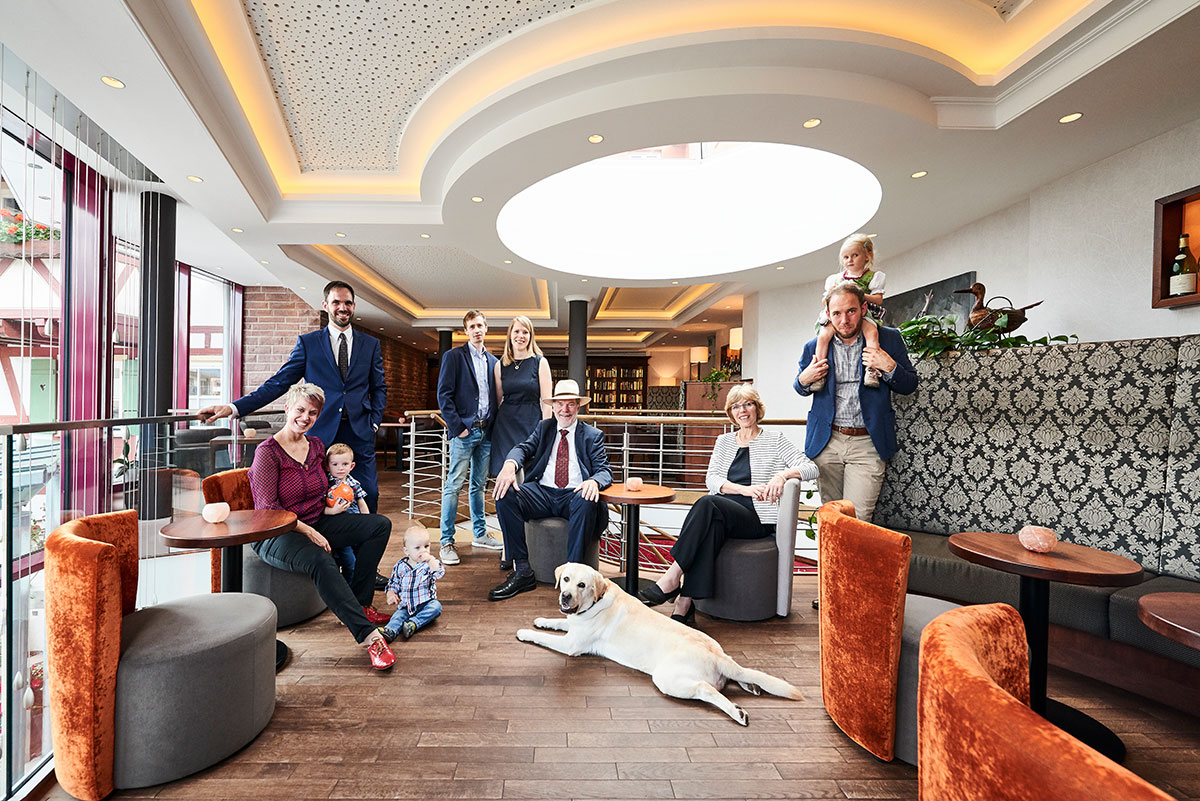
The three generations of the Berlin family
Photographer: Roman Knie
Was there ever a moment where you wanted to do everything completely differently?
If there was, it’d have been something completely outside the hotel business. I never wanted to go into this industry when I was younger. Back then, I couldn’t have imagined having so many people around me constantly, and I preferred time to myself. I took a look at other industries and, for example, did a long internship with a tax advisor. That work was also great, it just simply wasn’t what satisfied me.
When I began working in hotels as a part-time assistant, I noticed the job had many aspects. They mainly included working together with the team, which I’d never experienced that way before in any other industry. Sometimes there are challenging workdays with extreme stress, and in the evening everyone sits down together, drinks a beer, and the tension falls away. You then go home in a good mood despite everything, even if you can’t walk anymore after running around all day. It just left me with a good feeling. And the special moments with the guests, too.
Have some specific encounters stuck with you?
Of course. Like when guests hug me after becoming regulars and start crying because they’ve just come back after not seeing the place for a long time. Or when you notice we’ve created a place for people where they can be happy. I always find that completely fascinating because we have people with unimaginable stories. Just recently, we had a couple whose children had been in an accident just prior. They simply needed some time for themselves as a couple, but told us about that beforehand. For me, it was nice to see how much they enjoyed that time out, and how it revitalized their spirits. It makes the work exceptional to know that you and your company can achieve something like that.
What would your employees say about you?
Oh…I think they like me (laughs). Mm, honestly, I should ask them about that sometime. My father once said that I’m an uncompromising businesswoman with a big heart. I think that sums me up well. I was completely absorbed by my business administration studies and love numbers. At the same time, however, numbers also end at a certain point. The wellbeing of our employees is a high priority for me. And I think that you should always appear before employees as a person whom they can respect and also be happy to work with in the same space.
You live and work where others are taking a holiday. How do you spend your free time?
I always wanted to get far away when I was younger. In those days, there needed to be an ocean between me and the hotel. These days, things are different; we usually spend our holidays on Usedom island in the Baltic Sea with my partner’s family. One of our favorite places is here in the region, on Sommerberg mountain in Bad Wildbad.
What does the Black Forest mean to you?
I have to say I grew up here and am a Northern Black Forest girl at heart. In the last few years, I’ve come to love the Black Forest even more – I often talk with guests and many explain that they have strong problems with the dryness and heat waves, with the temperature going up to almost 90 °F at night. Then I think, “We have it good here.” We live in a gorgeous region, and even during this dry summer we had green meadows and woods. You could walk into the forest and it’s crisp and moist, and everything there was blossoming and growing. I think we always had these periods of heat, but back then it was just very hot during the day for a few days – though still at a level where you could enjoy it.
The region we live in, too, is exceptionally beautiful. Particularly the corner here close to Stuttgart, Pforzheim, Karlsruhe – we’re not completely isolated here. If we want, we can drive over to Stuttgart for a couple of cocktails in the evening.
What do the guests think about that?
The guests think about that differently. Some say we live in a totally deserted place, that you can’t shop here and there’s nothing happening. I don’t understand that at all. I have everything I need here. There are doctors, schools, kindergartens, and, most importantly, clubs that hold everyone together. The social cohesion here is lovely. And that’s what most guests say. Here, there’s still a speck of an untouched world. Zavelstein is also a picturesque little place with its half-timbered houses. At the same time, we have great industrial companies in the region. Our community is growing and developing. That means we don’t need to worry about being hung out to dry when we retire. Young people see a future here as well.
More details about Hotel Berlins KroneLamm: www.berlins-hotel.de

The Hotel Berlins KroneLamm is just a few minutes’ drive away from the Lunor company headquarters. Yet more unites the two companies than just their idyllic location in the German Black Forest: Elisabeth Berlin went to school with Sophie Fux. Both women are daughters in a family-run company. And despite the different industries, the challenges and experiences are surprisingly similar.

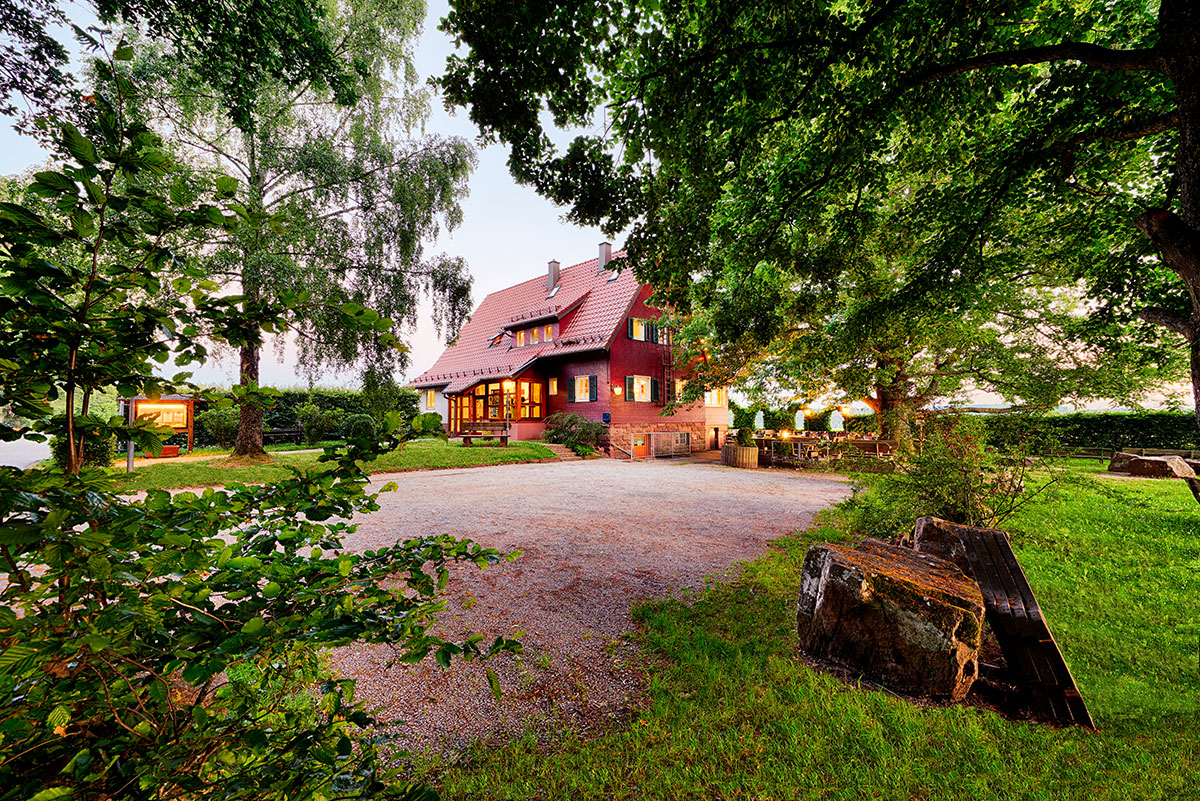
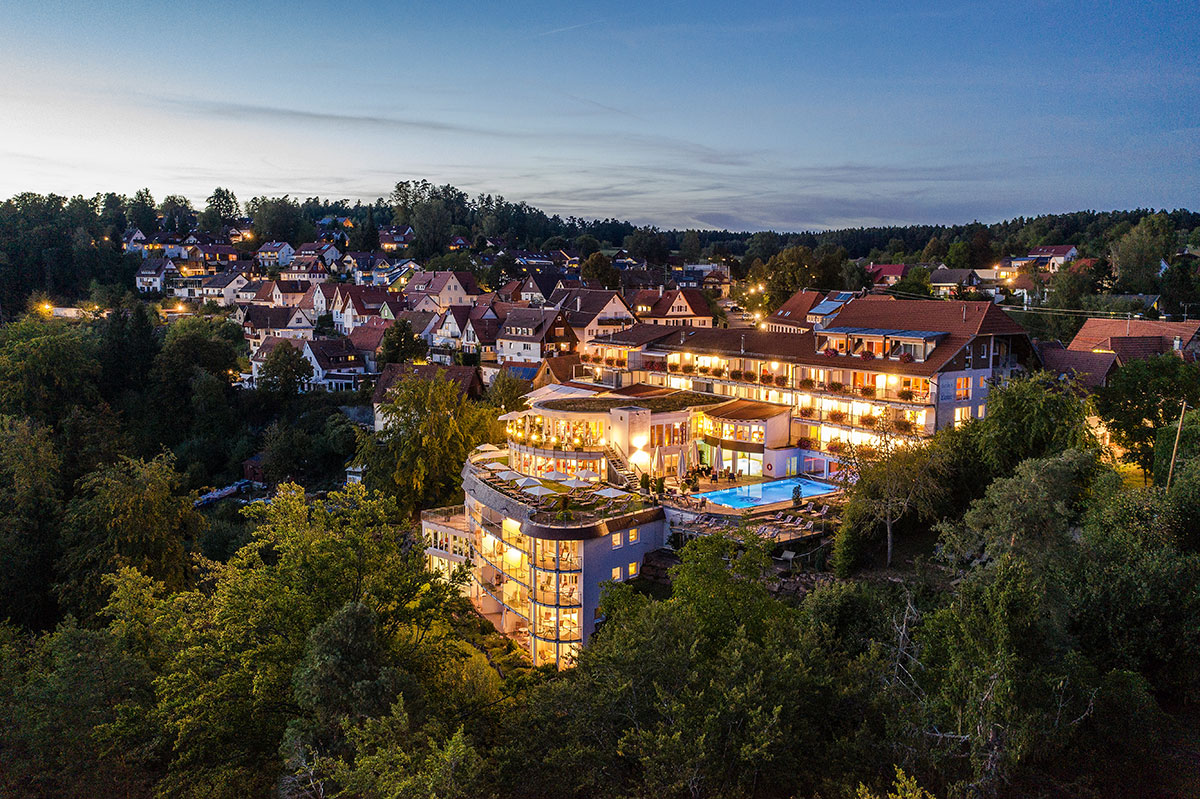
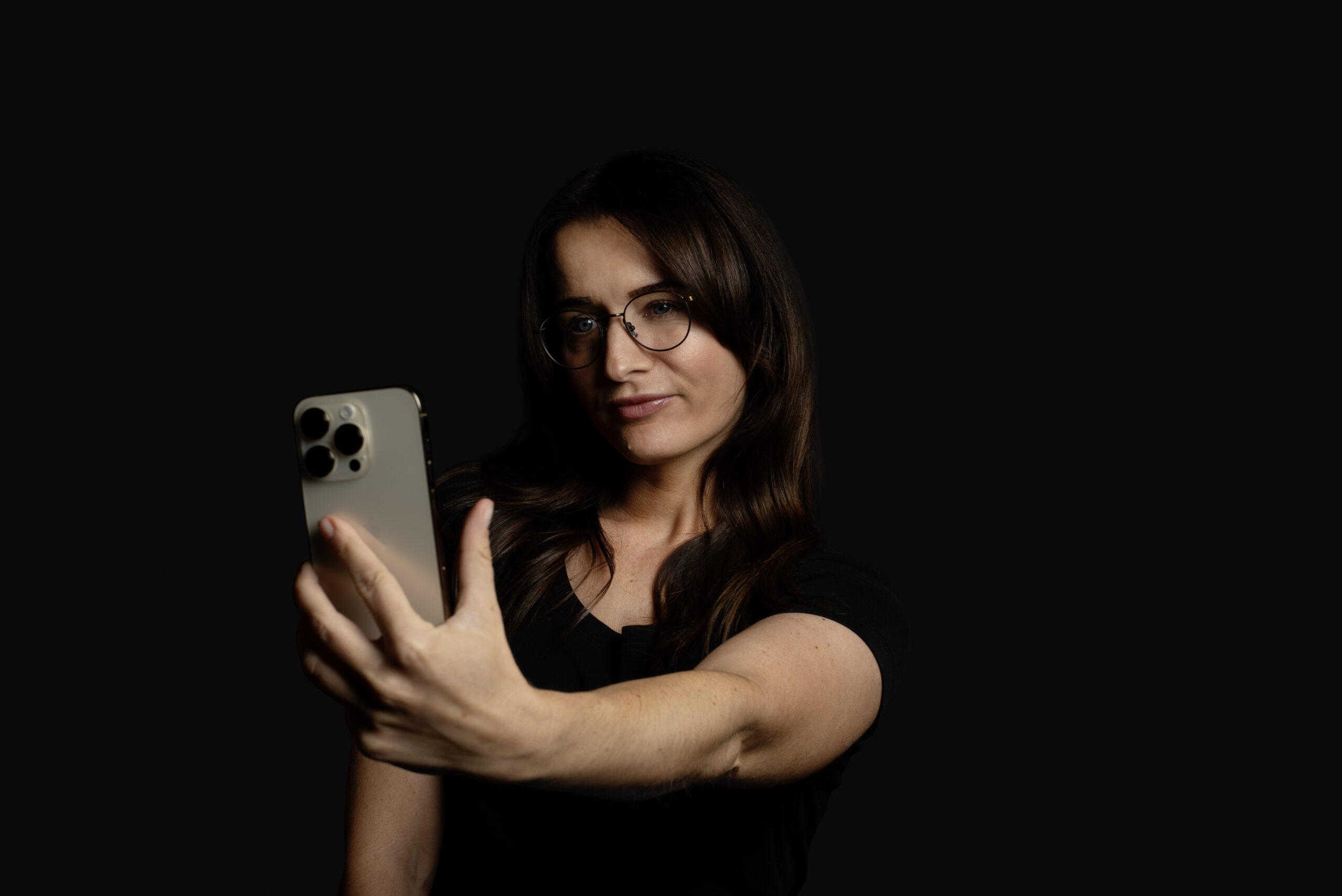
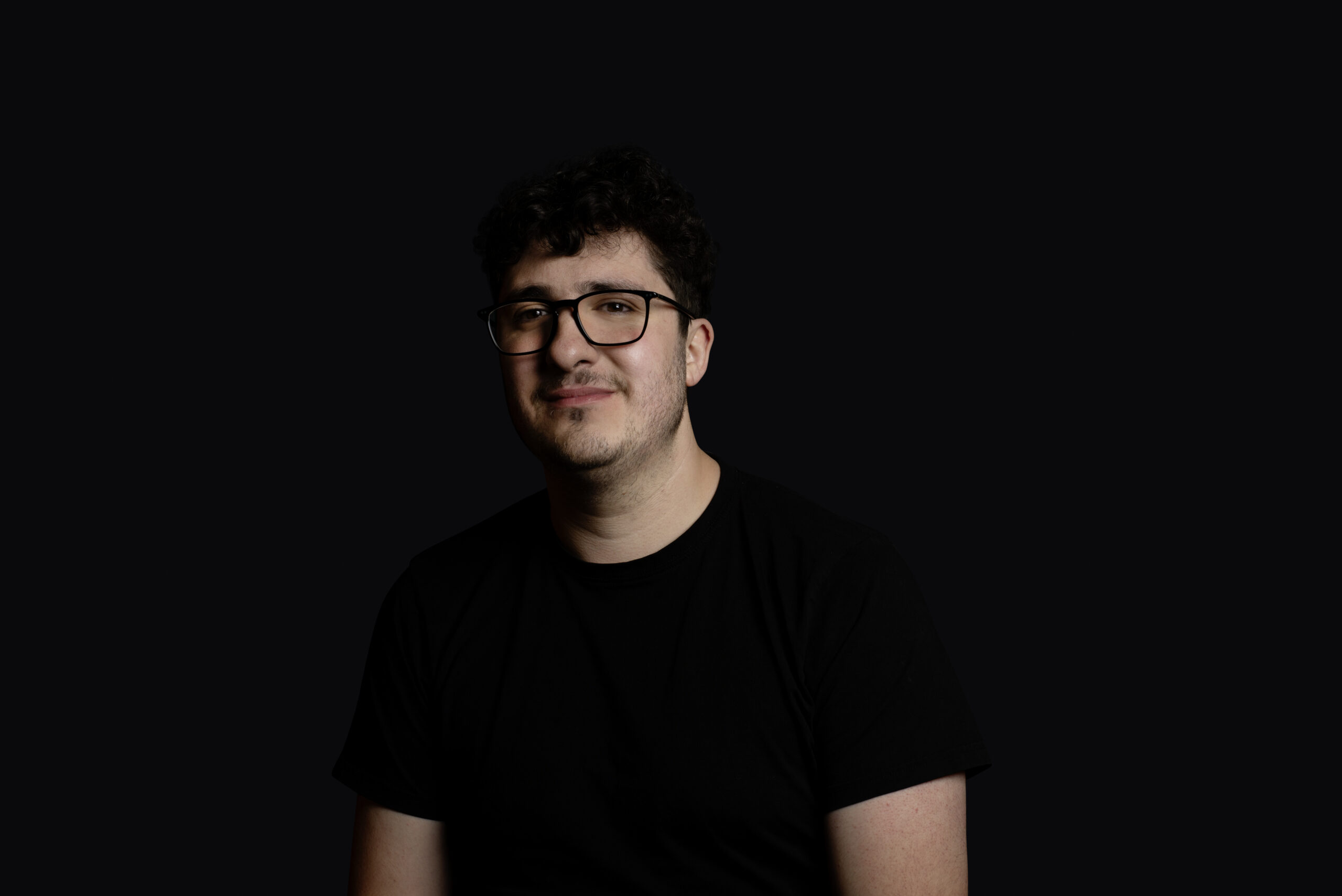
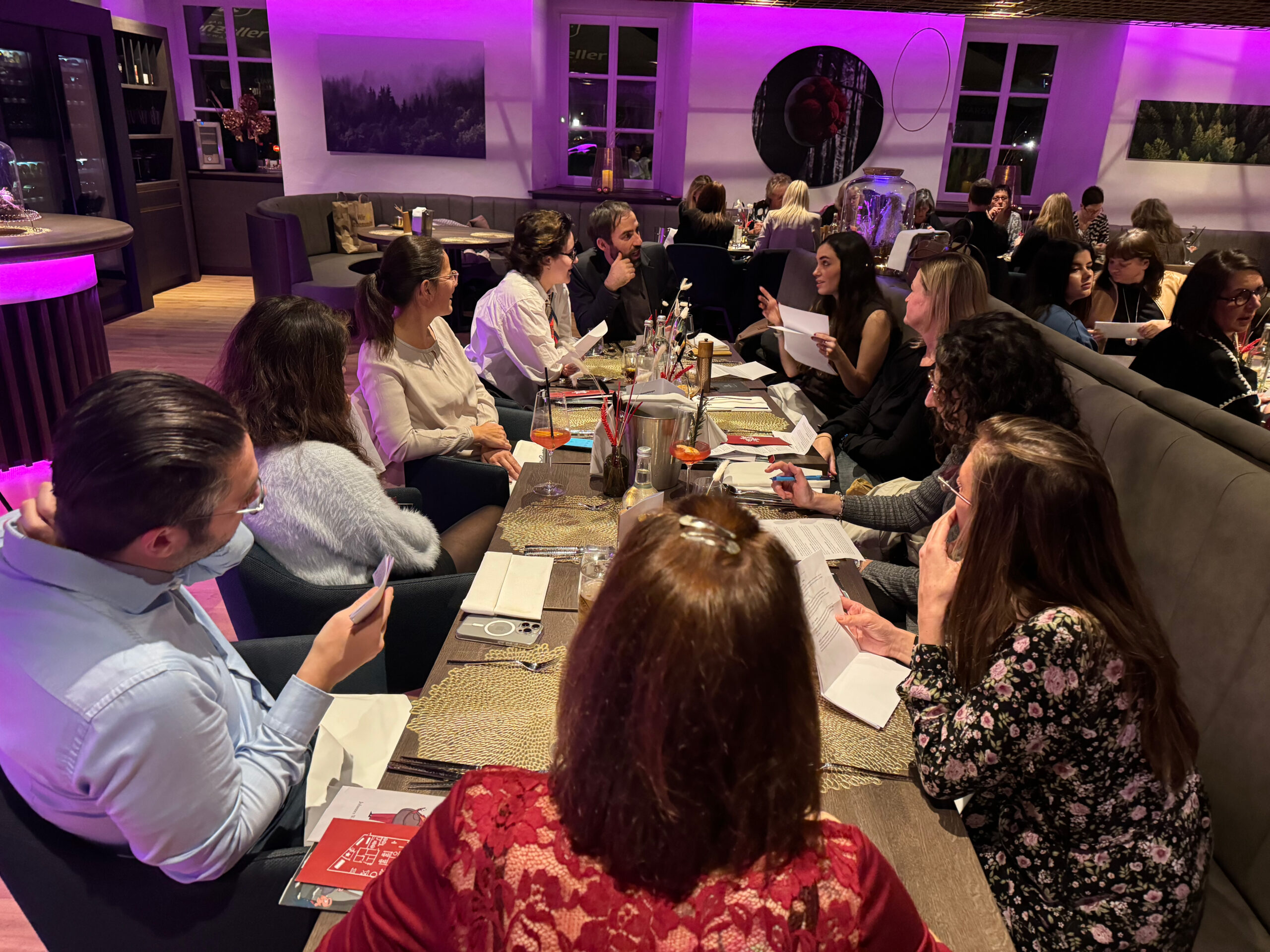
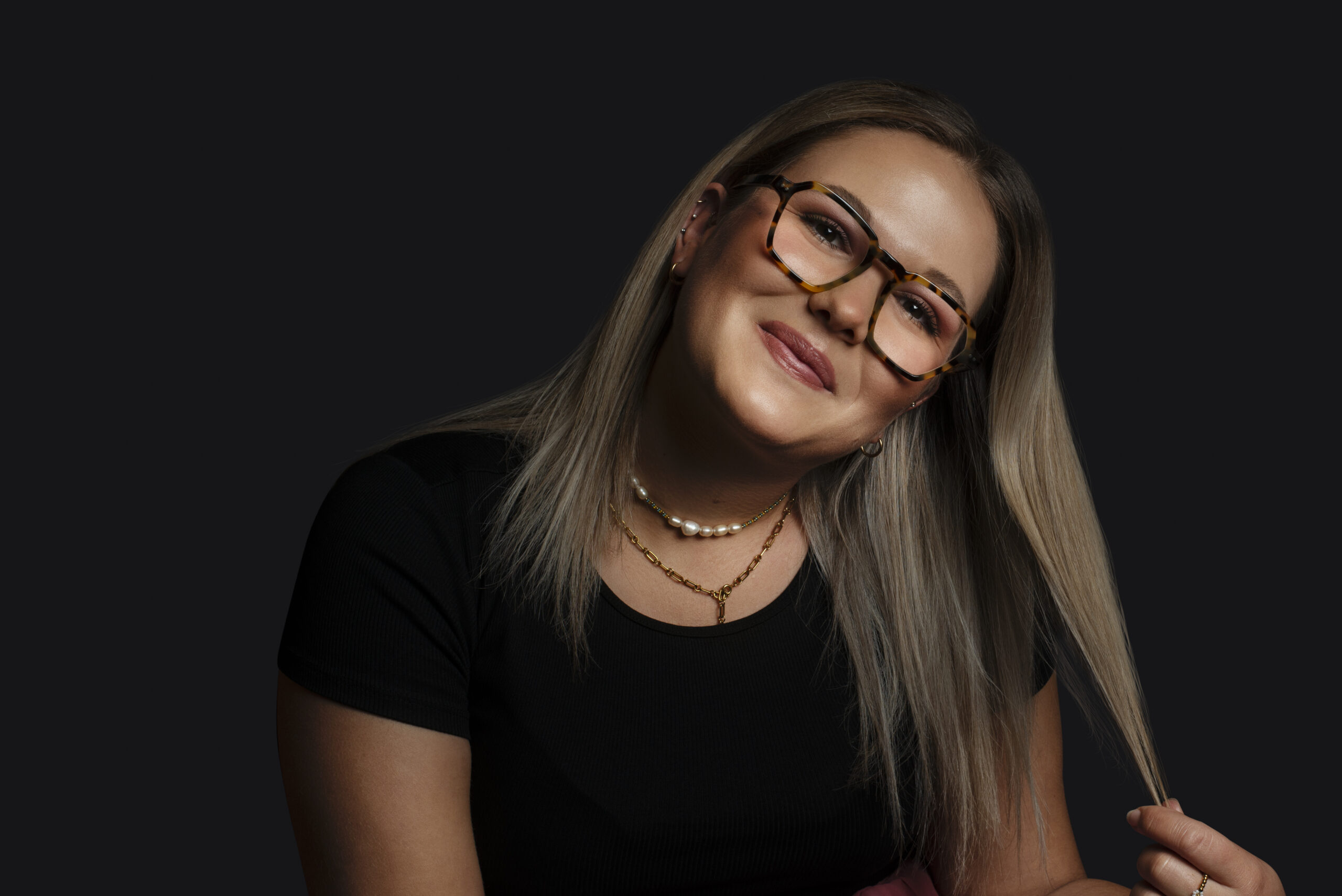
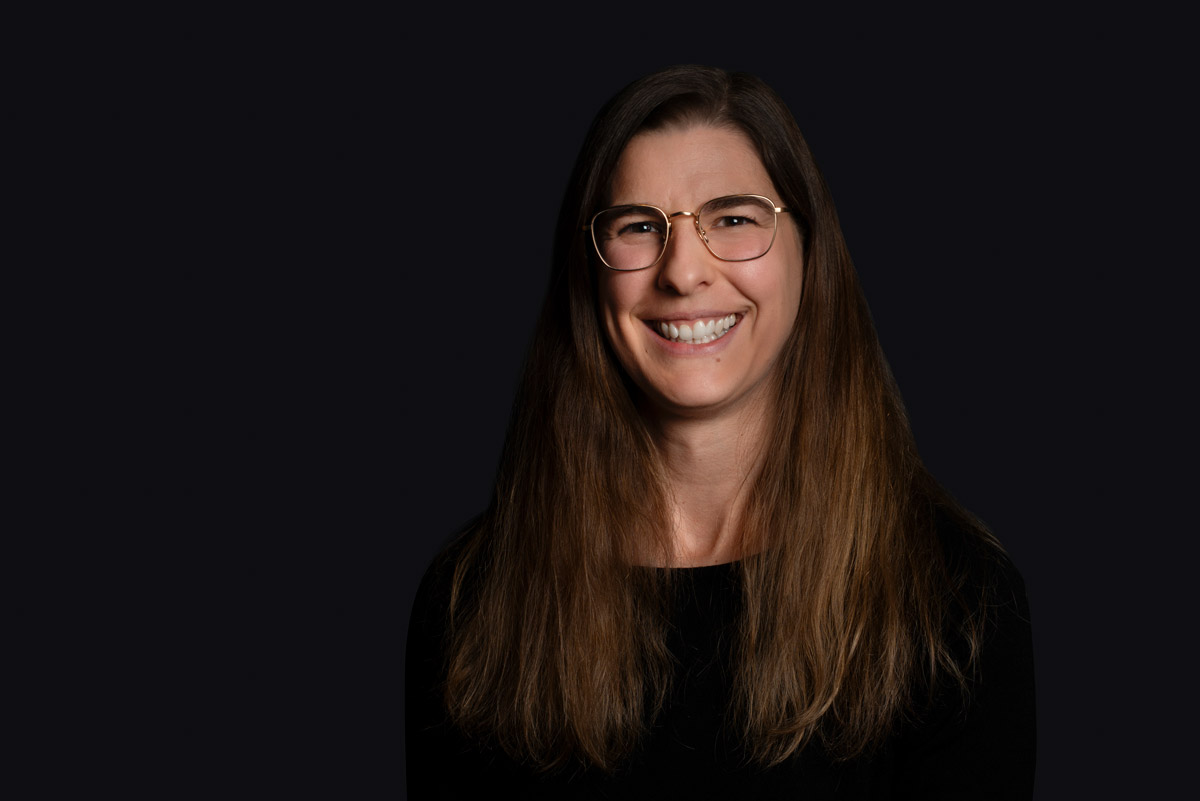
Leave A Comment